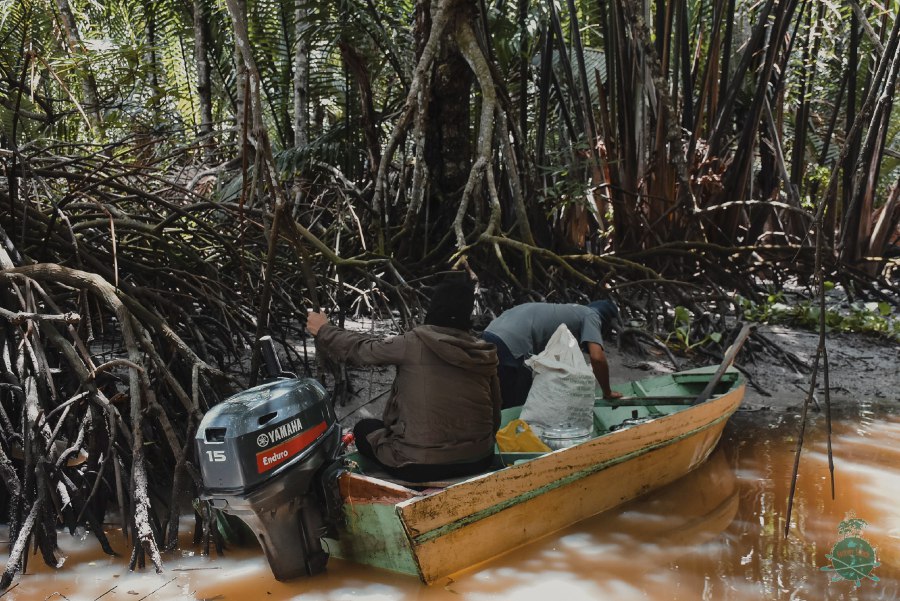By Olivia Miwil - March 24, 2022 @ 10:58am
KOTA KINABALU: The poorest people in Sabah are paying up to RM300 for electricity that will only last for a few hours a day.
According to surveys by Sabah Renewable Energy Rural Electrification Roadmap (SabahRE2), 71 per of the approximate 120,000 rural people without grid electricity are located within the poorest districts in the state.
SabahRE2, comprises a consortium of four closely collaborating organisations: TONIBUNG, PACOS Trust, Forever Sabah and Green Empowerment.
The consortium had recently mapped 400 villages in the state far from the electricity grid.
Those communities are either making a living from farming and forest products, or reside within mangrove areas and on islands in isolated coastal regions where fisheries are the main source of income.
Field surveys found 89 per cent of those villages have at least one diesel generator which enables them to have six hours or less in a day.
Kampung Dagat villager Andrapidah Putra said their village, located along the Lower Segama river in Kinabatangan, usually runs on the diesel generator from 6pm to 10pm every day.
"Ever since I was a child, we have been relying on generators (for power generation). But generators come at a high price."
The remote locations, far from sealed roads and commercial centres, had made it difficult for the villagers to procure fuel for the generators.
Those without generators, including Banggi islanders, rely on oil lamps, sawdust, and other indigenous ingenuity to provide light.
The survey also found half of them have some solar panels and some with micro-hydro to generate electricity.
As of now, SabahRE2 consortium is looking into possibility to build 35 renewable energy mini-grid systems to bring power to 57 villages.
"We found that the costs of solar (RM2.80 per kWh) and micro-hydro RM0.88c kWh, were well below Sabah Electricity Sdn Bhd (SESB) grid connection costs.
"The roadmap developed by SabahRE2 with SESB and its Sabah Government partners and support of UK PACT, can shift the state's trajectory towards energy equity, sustainable development, climate resilience and a low-carbon economy", said Amanda Mojilip, from PACOS Trust.

Comments
Post a Comment